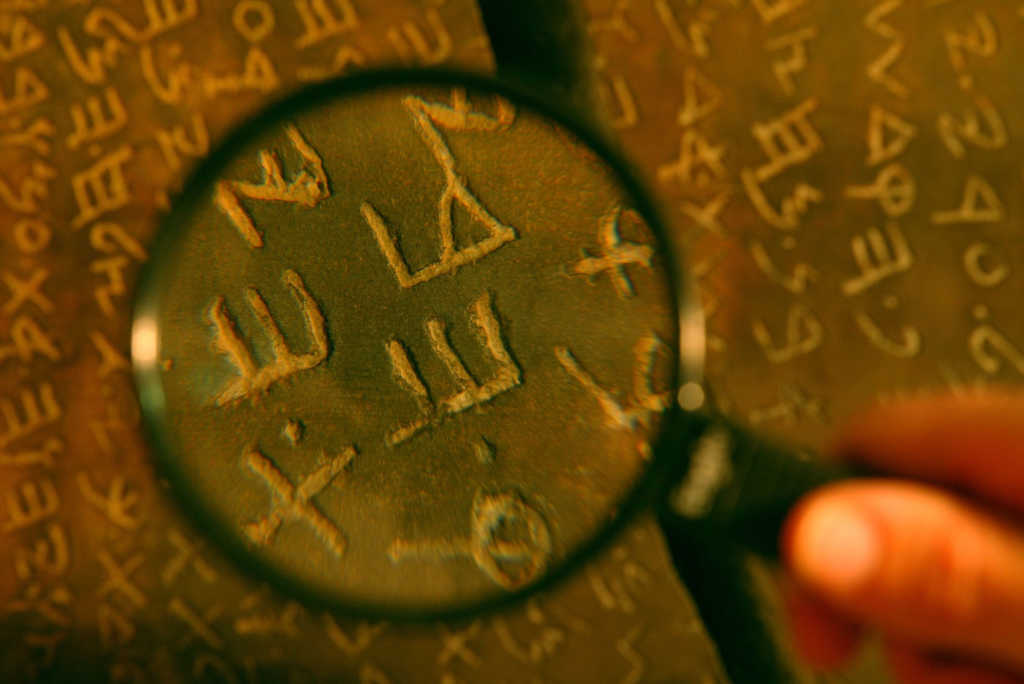Skeptics assert that a belief in God is diametrically opposed to scientific evidence. Many would like Christians to come to the realization that “evidence-based” faith cannot, and does not, exist. Among a crowd of godless voices spring forth those who attempt to disavow any notion of the existence of God on the basis of scientific method.
READ: Woman Finds Out the Hard Way It Is Unwise to Challenge Mike Rowe
Of course, these individuals come up short every single time — you cannot disprove God. But should you try to prove Him?
Perhaps not. But one thing Christians should be encouraged to do is to investigate the claims of Christ themselves. Followers of Jesus should become familiar with the historical evidence for Christ and acquainted with the validity of the ancient biblical manuscripts. As Oxford Professor, John C. Lennox wrote, “faith is a response to evidence, not a rejoicing in the absence of evidence.”
Evangelical apologist Josh McDowell went on such a journey of evidence-gathering during his college years after being challenged by some of his Christian peers. For the former agnostic, the spiritual epiphany that resulted was staggering.
“Specifically, they challenged me to investigate the evidence for the resurrection,” McDowell explained in a column at Fox News. “I thought it was joke. In fact, I thought it would be easy to marshal the evidence disproving the claims of Christ. Since I like a good challenge, I accepted their offer.”
The evangelist traveled across the United States, Europe and the Middle East, studying ancient manuscripts and attempting to collect evidence that would disprove the resurrection. There was only one problem — he couldn’t do it.
“After months of study, I returned to a small library in England. I leaned back in my chair, cupped my hands on the back of my head and said “It’s true. It really is true,” McDowell explained.
The author began to realize that the evidence for the biblical account of Jesus’ life was utterly overwhelming.
“The evidence for Christianity was stronger than all the years of my pain and skepticism that kept me from believing it,” he wrote. “I knew that if I was going to be honest, I could not remain a skeptic. The historical evidence really indicated that Jesus died, was buried, and rose on the third day.”
“Needless to say, my research had taken quite an unexpected turn. I set out to disprove the historical resurrection of Jesus but ended up becoming a follower of Christ.”
Now, McDowell is encouraging others to do the same investigative work. He is convinced that the historical evidence for the works of Christ is only growing.
“And yet, the amount of evidence we have engulfs the kind that led me to believe in Christ over five decades ago,” he wrote. The textual, archaeological and manuscript evidence is increasing regularly.”
“The historical evidence for Christianity today is like a tsunami.”
So, if you are a believer, examine the evidence for yourself to edify your faith in Jesus. If you are a skeptic, go ahead and try to prove that the life, death and resurrection of Jesus Christ never happened. If you’re like McDowell or atheist-turned-apologist Lee Strobel, the results will prove life-changing.
Let’s remember, as Prof. Lennox wrote, that “faith is not a leap in the dark; it’s the exact opposite. It’s a commitment based on evidence.”
And let’s also remember that as believers, we’re commanded to be able to offer an account of our belief:
“Always be prepared to give an answer to everyone who asks you to give the reason for the hope that you have. But do this with gentleness and respect.” – 1 Peter 3:15



